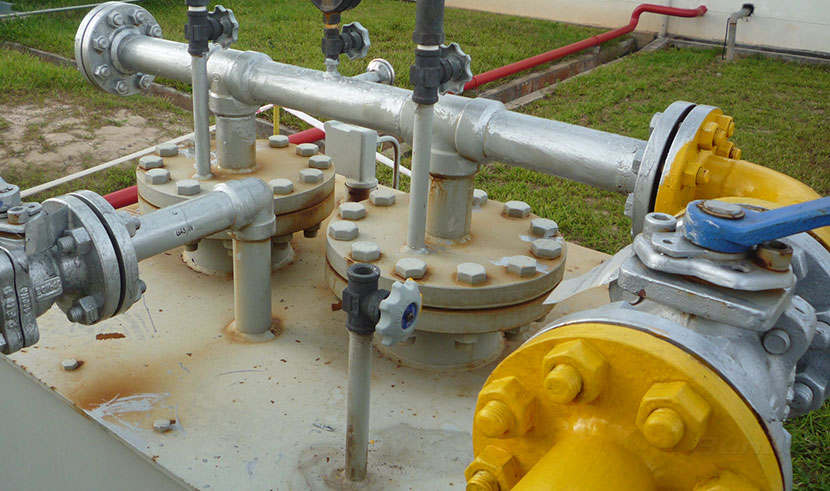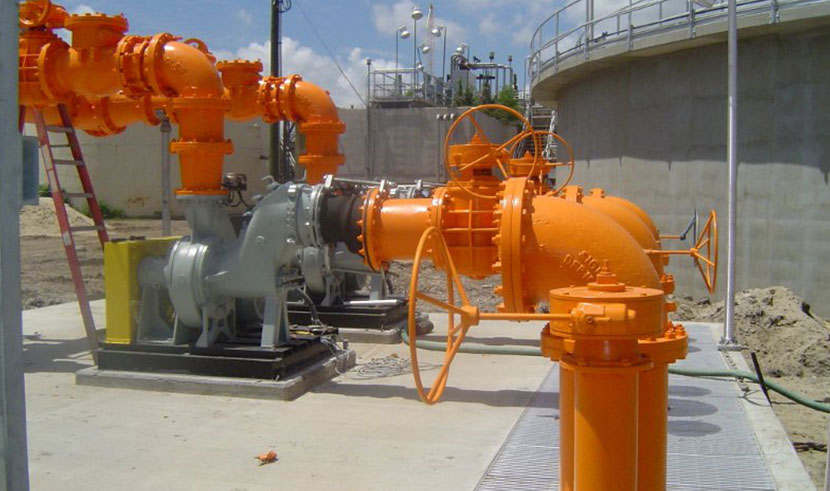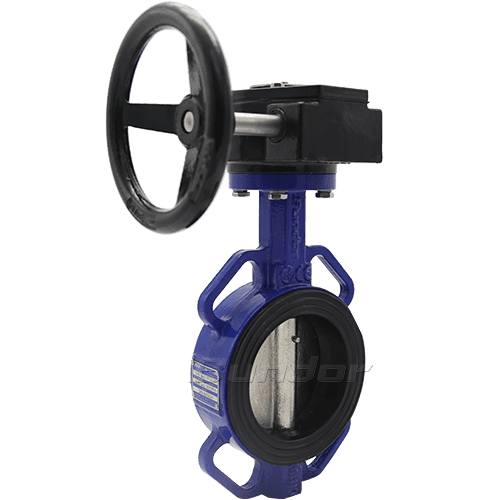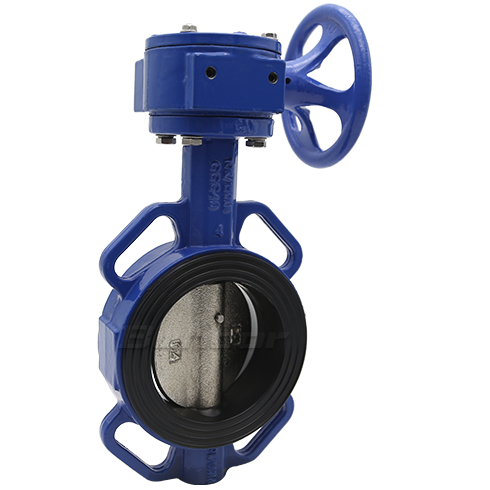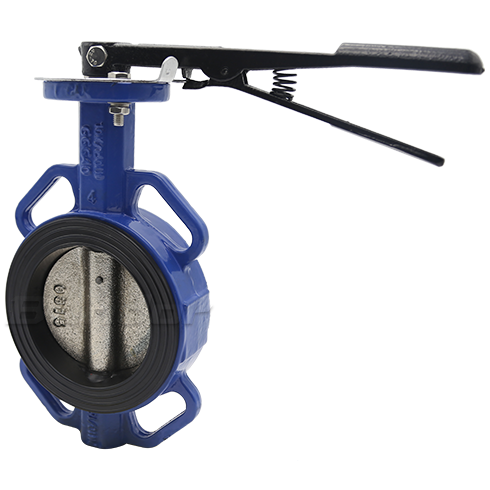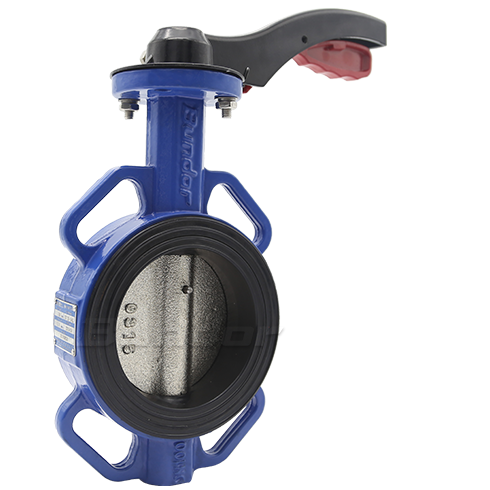A check valve is a valve that actively opens and closes the flap by means of the medium's own activity, and is used to prevent backflow of the medium, also known as a check valve, a check valve, a reverse flow valve, and a back pressure valve. The check valve is an active valve whose primary effect is to avoid backflow of the medium, avoid reverse rotation of the pump and drive motor, and leakage of container media.
The check valve can also be used on a line that supplies pressure to an auxiliary system that may rise above the system pressure. The check valve only allows the media to move in one direction and obstructs movement in the opposite direction. Usually such valves work actively. The valve flap opens in the direction of the fluid pressure acting in one direction. When the fluid moves in the opposite direction, the fluid pressure and the self-reclosing valve flap effect of the flap act on the valve seat, and then the fluid activity is cut off.
The check valve can be mainly divided into a swing type check valve (rotation according to the center of gravity) and a lift check valve (moving along the axis). The swing check valve has a hinge mechanism and a door-like flap that rests freely against the surface of the skewed seat. In order to ensure that the valve flap can reach the proper orientation of the valve seat surface each time, the valve flap is designed on the hinge mechanism so that the valve flap can satisfy the effective swinging space and the valve flap can be truly and comprehensively touched with the valve seat. The discs can all be made of metal, or they can be inlaid with leather, rubber, or a component covering, depending on the performance requirements. With the swing-open check valve fully open, the fluid pressure is almost unimpeded and the pressure drop across the valve is relatively small.
The valve flap of the lift check valve is on the valve seat sealing surface of the valve body. This valve is identical to the globe valve except that the valve flap can be freely raised and lowered. Fluid pressure lifts the valve flap from the seat sealing surface. Recirculation of the media causes the flap to fall back onto the seat and cut off media activity. Depending on the application conditions, the valve flap can be an all-metal construction or a rubber or rubber ring on the valve disc holder. As with the globe valve, the passage of fluid through the lift check valve is also narrow, so that the pressure through the lift check valve is greater than that of the swing check valve. And the flow rate of the swing check valve is limited.
Introduction to the test of check valves
The liftgate valve flap axis is in a straight orientation with the horizontal. The swing check valve passage axis and the flap axis are in an approximately parallel orientation to the horizontal.
In the strength test, the experimental medium is introduced from the inlet end to the specified value, and the other end is closed. If the valve body and the valve cover are free of leakage, it is a good product.
In the test of the sealing of the valve, the experimental medium is introduced from the outlet end, and the sealing surface is inspected at the inlet end. Qualified if there is no leakage at the packing and gasket.
Bundor Valve has the first intelligent testing center independently developed in China. The intelligent detection device integrates standard data measurement and pressure detection. Each test report is automatically generated. Each data and report can be kept for 5 years. We guarantee that the product's pass rate will be 100%. Each Bundor valve has a separate ID card and the product can be traced. If you have valve purchase requirements, please contact us to discuss cooperation.


